Joshua Pierce - Britten, Milhaud, Finzi and R. Strauss - Music for Piano and Orchestra (2021)
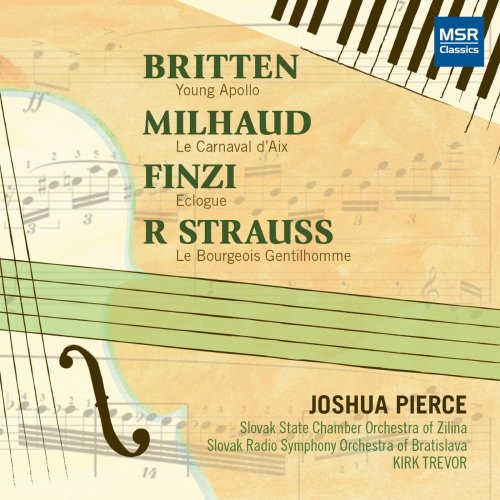
Artist: Joshua Pierce
Title: Britten, Milhaud, Finzi and R. Strauss - Music for Piano and Orchestra
Year Of Release: 2021
Label: MSR Classics
Genre: Classical
Quality: FLAC (tracks)
Total Time: 68:57 min
Total Size: 304 MB
WebSite: Album Preview
Tracklist:Title: Britten, Milhaud, Finzi and R. Strauss - Music for Piano and Orchestra
Year Of Release: 2021
Label: MSR Classics
Genre: Classical
Quality: FLAC (tracks)
Total Time: 68:57 min
Total Size: 304 MB
WebSite: Album Preview
01. Young Apollo for Piano and String Orchestra, Op. 16
02. Le Carnaval d’Aix Fantaisie pour Piano et Orchestre, Op. 83b: I. Le corso
03. Le Carnaval d’Aix Fantaisie pour Piano et Orchestre, Op. 83B: II. Tartaglia
04. Le Carnaval d’Aix Fantaisie pour Piano et Orchestre, Op. 83B: III. Isabelle
05. Le Carnaval d’Aix Fantaisie pour Piano et Orchestre, Op. 83b: IV. Rosetta
06. Le Carnaval d’Aix Fantaisie pour Piano et Orchestre, Op. 83b: V. Le bon et le mauvais tuteur
07. Le Carnaval d’Aix Fantaisie pour Piano et Orchestre, Op. 83b: VI. Corviello
08. Le Carnaval d’Aix Fantaisie pour Piano et Orchestre, Op. 83b: VII. Le capitaine Cartuccia
09. Le Carnaval d’Aix Fantaisie pour Piano et Orchestre, Op. 83b: VIII. Polichinelle
10. Le Carnaval d’Aix Fantaisie pour Piano et Orchestre, Op. 83b: IX. Polka
11. Le Carnaval d’Aix Fantaisie pour Piano et Orchestre, Op. 83b: X. Cinzio
12. Le Carnaval d’Aix Fantaisie pour Piano et Orchestre, Op. 83b: XI. Souvenir de Rio (Tango)
13. Le Carnaval d’Aix Fantaisie pour Piano et Orchestre, Op. 83b: XII. Final
14. Eclogue for Piano and String Orchestra, Op. 10
15. Le Bourgeois Gentilhomme Orchestral Suite, Op. 60 : I. Overture to Act I (Jourdain the Bourgeois)
16. Le Bourgeois Gentilhomme Orchestral Suite, Op. 60: II. Minuet
17. Le Bourgeois Gentilhomme Orchestral Suite, Op. 60: III. The Fencing Master
18. Le Bourgeois Gentilhomme Orchestral Suite, Op. 60: IV. Entry and Dance of the Tailor
19. Le Bourgeois Gentilhomme Orchestral Suite, Op. 60: V. A Minuet of Lully
20. Le Bourgeois Gentilhomme Orchestral Suite, Op. 60: VI. Courante
21. Le Bourgeois Gentilhomme Orchestral Suite, Op. 60: VII. Entrance of Cleonte
22. Le Bourgeois Gentilhomme Orchestral Suite, Op. 60: VIII. Prelude to Act II (Intermezzo)
23. Le Bourgeois Gentilhomme Orchestral Suite, Op. 60: IX. The Dinner
Piano and orchestra were the dominant media of musical discourse throughout the romantic and much of the modern period. They evolved at the same time and in parallel ways – separate but equal. Keyboards were an essential part of the eighteenth-century instrumental ensembles but vanished almost completely from the nineteenth-century orchestra. In an age when orchestras went public, the piano represented a private sphere of music-making in the home and salon. But this was also the age of the heaven-storming piano virtuoso, the rock star of the day. Piano and orchestra came together in virtuoso showpieces designed to show off the soloist but also as antagonists in the dramatic framework of the concerto: piano-with-orchestra and, often, piano-versus-orchestra.
But there was also another, more amicable kind of dialogue between piano and orchestra, one that was once almost equally as important as the others. This was the lyric or narrative poem in which the piano takes the part of the singer or story teller while the orchestra provides the setting of the story (sometimes the roles are
reversed and the orchestra tells the story while the piano offers colors and commentary). A huge number of now-forgotten romantic works, often based on popular tunes or arias of the day, were written in this vein, mainly by pianist-composers anxious to show off both their virtuosic and poetic skills. After a period of neglect, these kinds of concerted-works-that-are-not-concertos made a comeback, particularly in the neo-classical period of the 20th century after World War I.
The archetypal neo-classicist was Igor Stravinsky, but the movement he inspired was widespread in European music. Although he is not often thought of in this way, the much younger Benjamin Britten was as much of a neo-classicist as Stravinsky and, in fact, Britten’s career and many of his major works have remarkable parallels in Stravinsky’s work. It was not always Stravinsky who led the way but, in the case of the Greek sun god Apollo, the Russian composer was there first (his Apollon musagètes dates from 1926) and Britten’s version was long out of sight and sound. This long-vanished work is a curious and highly original interpretation of the Apollo legend with some history attached.
But there was also another, more amicable kind of dialogue between piano and orchestra, one that was once almost equally as important as the others. This was the lyric or narrative poem in which the piano takes the part of the singer or story teller while the orchestra provides the setting of the story (sometimes the roles are
reversed and the orchestra tells the story while the piano offers colors and commentary). A huge number of now-forgotten romantic works, often based on popular tunes or arias of the day, were written in this vein, mainly by pianist-composers anxious to show off both their virtuosic and poetic skills. After a period of neglect, these kinds of concerted-works-that-are-not-concertos made a comeback, particularly in the neo-classical period of the 20th century after World War I.
The archetypal neo-classicist was Igor Stravinsky, but the movement he inspired was widespread in European music. Although he is not often thought of in this way, the much younger Benjamin Britten was as much of a neo-classicist as Stravinsky and, in fact, Britten’s career and many of his major works have remarkable parallels in Stravinsky’s work. It was not always Stravinsky who led the way but, in the case of the Greek sun god Apollo, the Russian composer was there first (his Apollon musagètes dates from 1926) and Britten’s version was long out of sight and sound. This long-vanished work is a curious and highly original interpretation of the Apollo legend with some history attached.
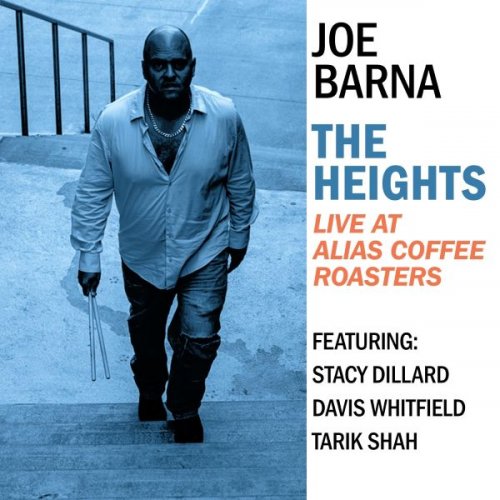
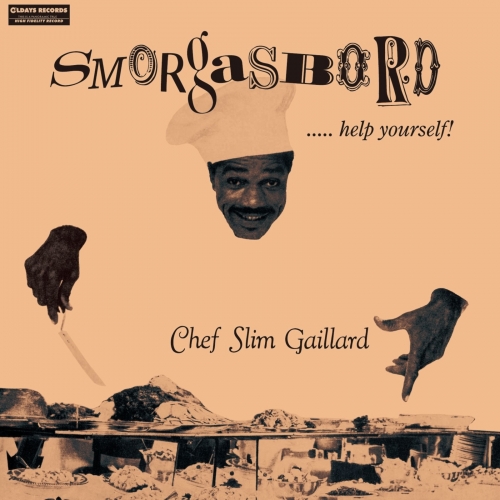
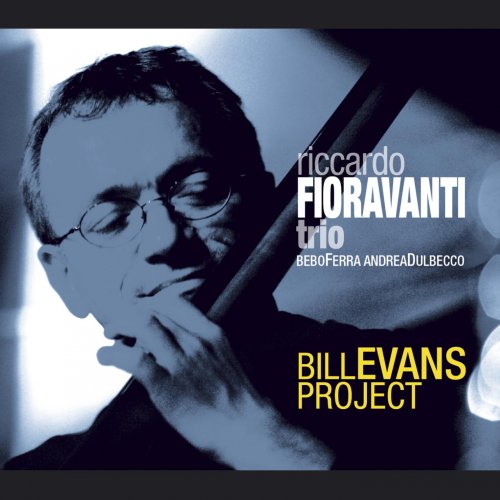
![Charles Mingus - Mingus Ah Um (1959) [2022 DSD256] Charles Mingus - Mingus Ah Um (1959) [2022 DSD256]](https://www.dibpic.com/uploads/posts/2026-02/1770882753_folder.jpg)
![Cheo Feliciano - The Singer (Remastered 2026) (2026) [Hi-Res] Cheo Feliciano - The Singer (Remastered 2026) (2026) [Hi-Res]](https://img.israbox.com/img/2026-02/12/ydkgf84okz76yo2jxrbeqc3b2.jpg)
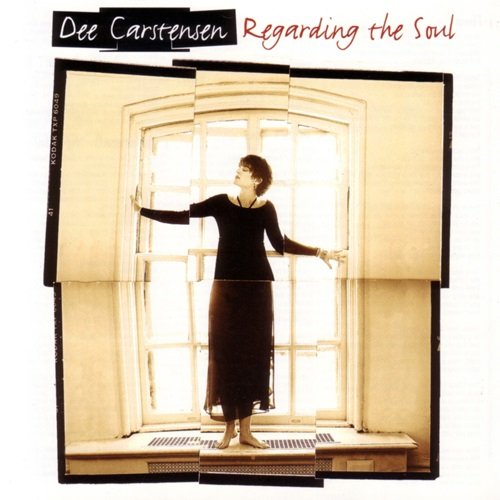
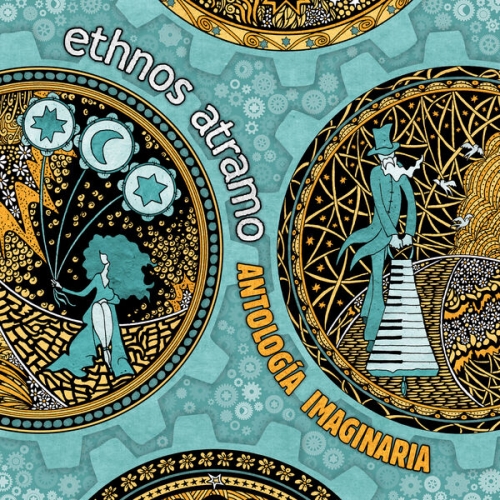
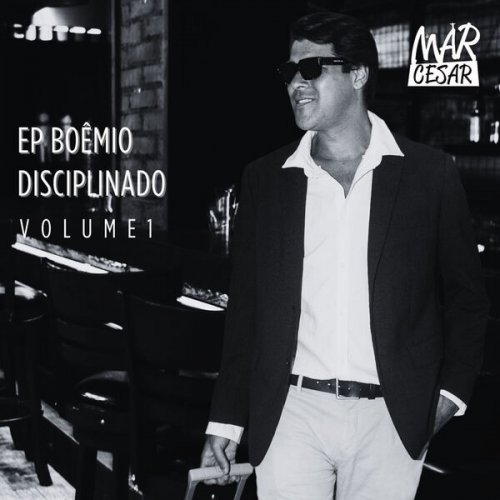
![Cannonball Adderley - Somethin' Else (1958) [2022 DSD256] Cannonball Adderley - Somethin' Else (1958) [2022 DSD256]](https://www.dibpic.com/uploads/posts/2026-02/1770877615_folder.jpg)